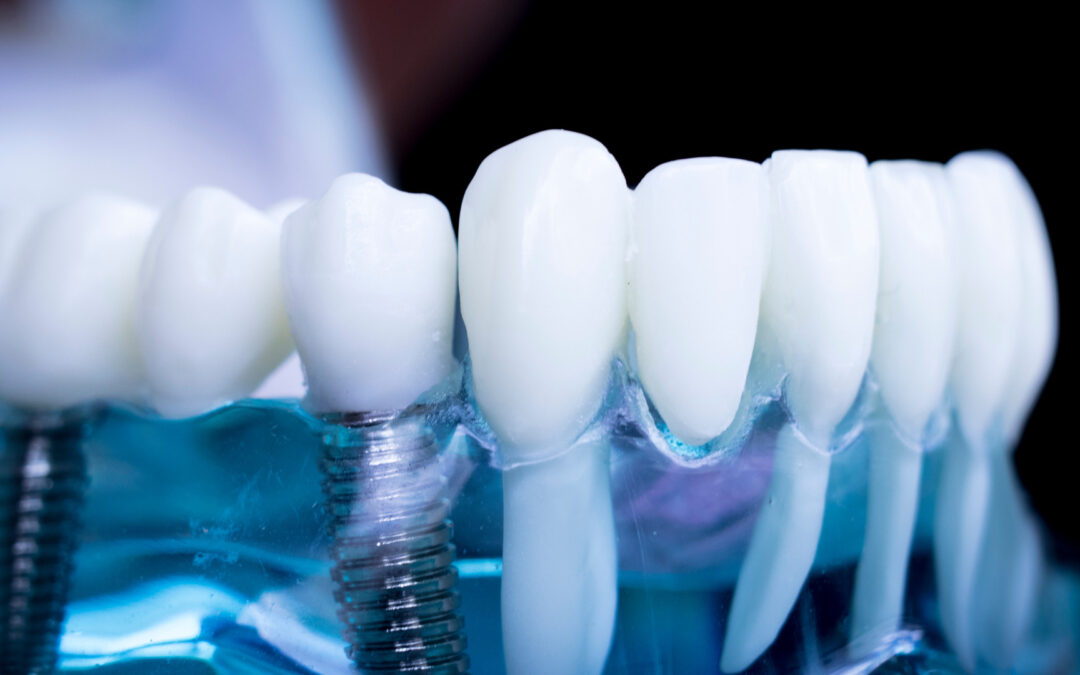Discovering that you may not be a suitable candidate for dental implant surgery can be disheartening, especially if you were hoping for a permanent solution to replace missing teeth. However, it’s essential to understand that various factors contribute to candidacy, and alternative options are available to restore your smile and oral function. In this blog, we will explore what to do if you’re told you’re not a suitable candidate for implantology and discuss viable alternatives.
Understanding the Reasons:
Before exploring alternatives, it’s crucial to understand why you may not be considered a suitable candidate for dental implants. Common reasons include:
Insufficient Bone Density:
Adequate bone density is essential to support dental implants. If you lack the necessary bone volume in your jaw, it may compromise the stability of the implants.
Uncontrolled Medical Conditions:
Certain medical conditions, such as uncontrolled diabetes or autoimmune disorders, may impact the body’s ability to heal properly, making implant surgery less predictable.
Smoking Habits:
Smoking can hinder the healing process and increase the risk of implant failure. Many implantologists recommend quitting smoking or, at the very least, reducing tobacco use before considering implants.
Gum Disease:
Active gum disease can affect the success of dental implants. It’s crucial to address and resolve any periodontal issues before undergoing implant surgery.
Exploring Alternative Options:
Dentures:
Traditional dentures are removable appliances that can replace missing teeth. They are a cost-effective and non-invasive solution, providing functionality and aesthetics.
Dental Bridges:
Bridges are fixed prosthetic devices that anchor to adjacent natural teeth or dental implants. They offer a stable and durable option for replacing missing teeth.
Mini Implants:
For individuals with limited bone density, mini implants may be a viable alternative. These smaller implants require less bone volume and can provide stability for removable dentures.
Bone Grafting:
If inadequate bone density is the primary issue, bone grafting procedures can be performed to augment the jawbone. This may require additional time before implant placement becomes feasible.
Orthodontic Treatment:
In some cases, orthodontic treatment may be recommended to reposition teeth and improve the alignment of your bite, addressing functional and aesthetic concerns.
Consultation and Second Opinions:
If you’re told you’re not a suitable candidate for dental implants, it’s essential to seek a second opinion from another qualified implantologist or dental professional. Advances in dental technology and treatment options may provide alternatives that were not initially considered.
Book an appointment with an expert implantologist:
While being told you’re not a suitable candidate for dental implants can be disappointing, it’s important to remember that various alternative options exist to restore your smile and oral function. Consult with a dental professional to explore the most suitable solution based on your unique circumstances. A comprehensive evaluation with an expert implantologist will guide you toward the best course of action to achieve a healthy and confident smile. Book your consultation with Dr. Cicero, and find out more about your available options.

